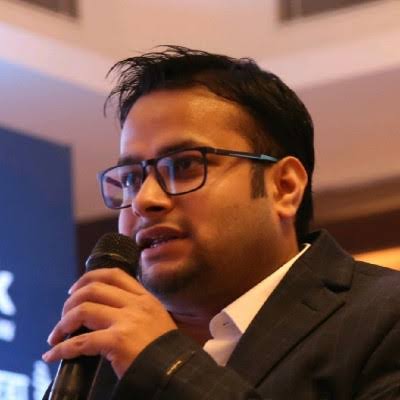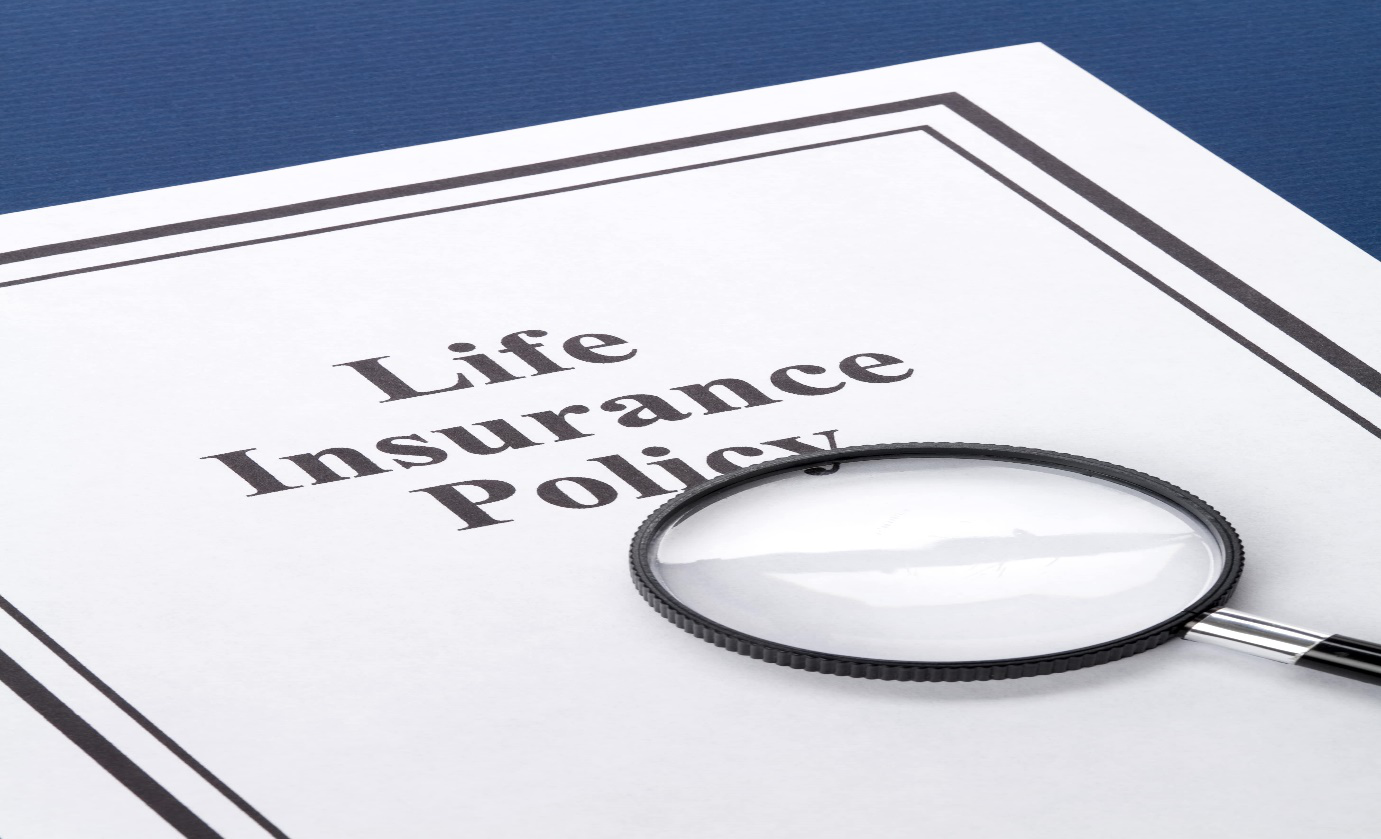
Written by
Updated :
Reviewed by
The tax season is here. Both salaried and non-salaried professionals are looking for tax-saving instruments. Though, tax saving is your main goal, make sure you understand how the returns or maturity amount would be taxed.
If the income earned is taxable, the scope to grow wealth over the long run gets constrained since taxes will eat away your returns. The best way to quickly select an ideal tax saving instrument is to look at the ‘tax status’ of that investment. The best tax saving investment will be the one on which you can save tax now, and in future as well.
Types of Tax Status
While selecting the tax saving investment, you should look at the overall tax status of the instrument.Tax saving investments usually enjoy one of the fullowing three tax statuses:
- EEE - Exempt, Exempt, Exempt: The first exempt means that the contribution is non-taxable. The second exempt means that returns are tax-free. The third exempt means, the payout is tax-free at the time of maturity.This is the best tax status any investment can enjoy.
- EET - Exempt, Exempt, Taxable: The first exempt means the contribution is tax-free. The second exempt means returns are non-taxable. The taxable means the payout is taxable at the time of maturity/ withdrawal.
- ETT -Exempt, Taxable, Taxable: The first exempt means invested amount is eligible for tax benefits. However, both the interest accruals before maturity and the final value at maturity are taxable.
Investments Against Which Tax Deductions Are Available
The fullowing instruments are eligible to get tax benefit up to Rs 1.5 lakh under Section 80C:
Invest in Equity Linked Saving Schemes: Also called ELSS, these are equity mutual funds which invest in stocks and related investments. With a lock-in period of three years, ELSS has the potential to generate inflation-beating returns in the long run.
- Most mutual fund houses offer ELSS funds to investors.However, ELSS funds do not allow fund switchingi.e., you can’t switch your funds from equity to debt or vice versa. As a result, you would have to stay invested in a fund irrespective of its returns. Open a Tax-Saver Fixed Deposit: If you are a risk-averse investor, you can save tax by investing in a five-year tax-saver fixed deposit (FD). You can open these FDs at your nearest banks or post offices. However, the interest earned on a tax-saving FD is fixed and taxable.
- Open a Public Provident Fund(PPF) Account: A government-backed investment option, PPF comes with a tenure of 15 years and is apt to meet long-term The rate of interest is reviewed annually and is subject to change. Currently, it is offering 7.8% interest rate. You can open a PPF account through any scheduled public-sector bank or post office branches. As it has a long lock-in period, it is not apt for meeting short-term needs.
- Investin Sukanya Samriddhi Yojana (SSY): By investing in the name of your girl child, aged below ten years, you can claim a tax deduction up to Rs 1.5 lakh. You can open an account under the scheme for up to two girls’child only. However, in case of twins, it can be extended to the third child also. The account will remain active after 21 years from the date of opening the account or until the marriage of the girl after she turns 18, which comes first. SSY accounts can be opened at scheduled public-sector banks and post office branches. As returns are low, they fail to beat the inflation impact in the long run.
- Purchase Life Insurance: You have a lot of options to save tax by investing inlife insurance plans. It includes the fullowing plans:
- ULIPs: ULIPs offer the dual benefits of life cover and wealth creation.Through these plansyou can invest in a number of investment options, including stocks and bonds. Further, it enjoys EEE status.
- Pension Plan: These plans help you secure your post-retirement life when your income stops. It enjoys EET tax status.
- Term Insurance Plan: By buying the best term plan, you can secure your family against life’s mishaps and also enjoy tax benefits under Section 80C. Not only the premium, but the term plan payout is also tax-free.
- Traditional Plans: It includes money back and endowment insurance plans. These are low-risk investment plans which can help in wealth protection in the long run. These plans also enjoy EEE tax status. You can invest in life insurance plans online through the insurer’s website or through an advisor. For the life insurance plans offered by Max Life click here.
- Senior Citizen Saving Scheme: It offers regular income to people above 60 years of age. The scheme is backed by government and is less risky, and therefore, preferred by retirees who are hesitant to put their money in equities which carry high risk. It can be opened in a post office or a scheduled commercial bank. The returns on Senior Citizen Saving Scheme are low to beat the inflation impact.
- National Savings Certificate (NSC): It is a government backed investment option that comes with five-year tenure.An investor can purchase NSCcertificates in any denominations like Rs 100, Rs 500, Rs 1,000, Rs 5,000, etc. It can be opened ata post office. As NSC interest is taxable, do your tax planning accordingly.
Here is the tax status of the investments
Name of the Investment |
Minimum Investment Amount (in Rs.) |
Lock-in years |
Tax Status |
Public Provident Fund (PPF) |
500 |
5 |
EEE* |
Tax- Saver Fixed Deposit |
- |
5 |
ETE** |
ELSS |
500 |
3 |
EEE |
Sukanaya Samriddhi Yojana |
1000 |
21 years or the girl child gets married, whichever occurs first |
EEE |
Life Insurance |
Depends on the product |
Depends on the product, like ULIPs have a lock in period of five years. |
EET*** |
Senior Citizen Saving Scheme |
1,000 |
5 |
ETT (if interest is above Rs 10,000/yearly) |
National Savings Certificate |
100 |
5 years |
ETE |
- Buy Health and Critical Insurance: As the term insurance cover, health and critical illness insurance are also essential covers you should have.The premium paid for these pulicies also reduce your tax liability.Maximum deduction that you can claim for these premium payments are as fullows:
Cases |
Max. for Self, Spouse and Kids |
Max. for Parents (dependent or not) |
Max. Total Tax Deduction Available |
All covered members are below 60 |
Rs 25,000 |
Rs 25,000 |
Rs 50,000 |
All covered members are below 60, except parents |
Rs 25,000 |
Rs 30,000 |
Rs 55,000 |
All covered members are above 60 |
Rs 30,000 |
Rs 30,000 |
Rs 60,000 |
Health and critical plans are also available online and through advisors. Max Life Insurance offers comprehensive and specific critical insurance plans. To buy the critical covers provided by Max Life click here.
Smart Tip
Stay away from investing for tax saving. It is okay to pay some tax than choosing the wrong investment products. Tax saving should be the outcome of your investment and not vice versa.
Life Insurance: A Perfect Sulution to Save Tax and Grow Wealth
Life insurance pulicies can actas a perfect wealth creation toul over the long run, keeping in mind the returns, protection and tax saving features all combined in one product. Life insurance plans let you invest in a mix of debt and equity funds in varying proportions, allowing inter-fund transfers between equity and debt as per life-changing needs.Not only wealth creation, life insurance plans also give financial protection to your family in your absence.
Life insurance is the simple way to enjoy the triple benefits of life cover, high returns and tax saving with minimum risks.
Disclaimer :- Tax benefits are in accordance to prevailing provisions of section and subject to fulfillment of conditions mentioned therein. Pulicyhulders are advised to seek tax consultants view for more clarity.
ARN:- ARN/Web/01


